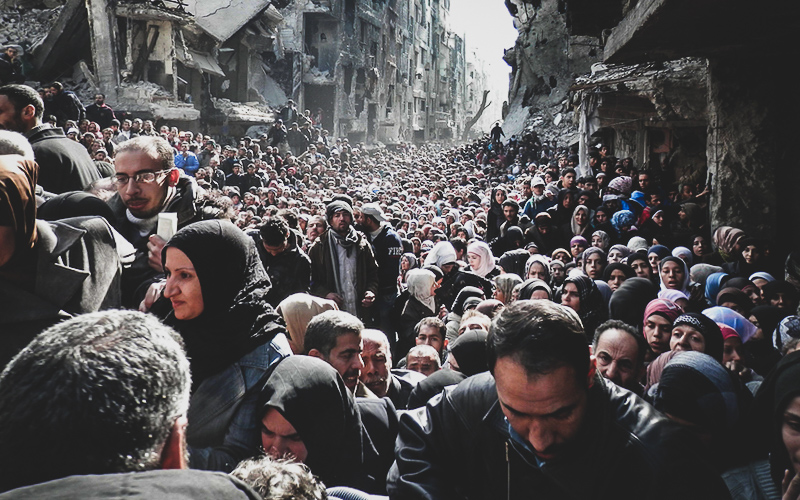*This article originally appeared in RVA Mag #34, on the streets now at all your favorite spots. When Ian Svenonius and I started talking about ISIS, I knew my interview questions were dead. Originally I planned on talking with him about the musical movements of the...


